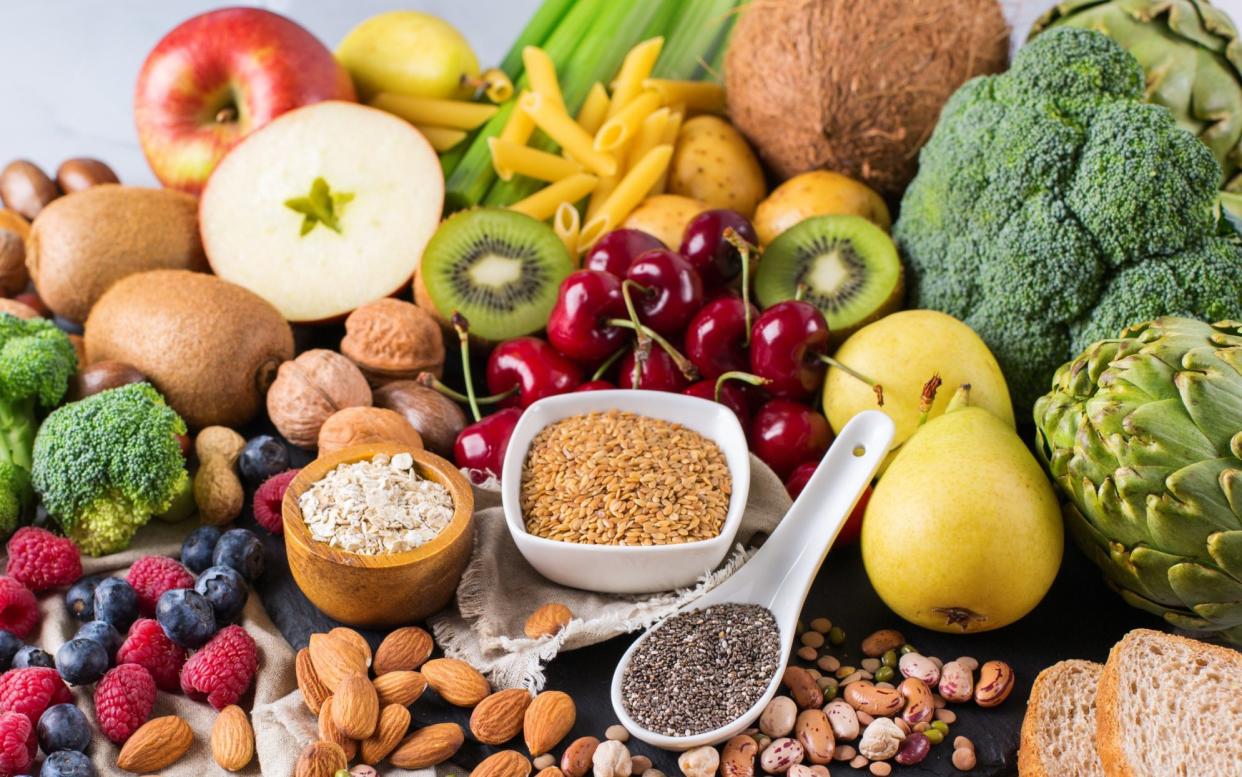Going vegan ‘could lower your risk of catching Covid’

Being vegan could lower your risk of catching Covid, a study has suggested.
A plant-based diet reduces the chance of infection by more than a third, the research found, with scientists believing chemicals in plants could boost an individual’s immune system.
Researchers from the University of Sao Paulo studied more than 700 people with a variety of diets in the summer of 2022.
More than a third had vegetarian diets. A total of 191 were true vegetarians or vegans, while 87 were flexitarians that ate meat three times or fewer a week.
Some 47 per cent of participants went on to develop Covid, but the proportion rose to 52 per cent for meat-eaters.
However, it fell to just 40 per cent for vegetarians. Omnivores were also more likely to have a severe infection, researchers found.
Scientists also found those with a plant-based diet were 39 per cent less likely to catch the virus when they accounted for BMI, physical activity and pre-existing medical conditions.
The study authors, writing in the journal BMJ Nutrition, Prevention and Health, concluded that mainly vegetarian diets “may be considered protective against Covid-19 infection”.
The scientists did not examine what aspects of a plant-based diet offered protection, but said it could result in an increased consumption of certain immune system-boosting compounds.
“Plant-based dietary patterns are rich in antioxidants, phytosterols and polyphenols, which positively affect several cell types implicated in the immune function and exhibit direct antiviral properties,” they wrote.
‘Premature and not warranted’
Previous studies have also found a link between Covid infection risk and diet, but some scientists have disputed the claims.
Dr Gavin Stewart, a Senior Lecturer in Evidence Synthesis at Newcastle University, who was not involved in this study, said: “This work presents interesting data but the authors conclusions do not adequately reflect the uncertainty inherent in small observational studies that are not designed to assess causal relationships.
“The conclusion that plant-based diets have a preventative role in Covid infection is premature and not warranted.”
Dr Duane Mellor, Registered Dietitian and Senior Lecturer, from Aston Medical School at Aston University, also questioned the findings and said the small sample size could make the association erroneous.
He also contested the claim that antioxidants are responsible for the increased immune function, saying it has “has largely been dismissed in the scientific literature for over a decade”.
“The antioxidant theory, although easily demonstrated in the test tube, is considered an epiphenomenon in humans.”

